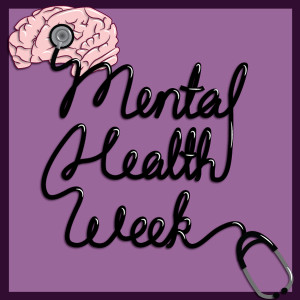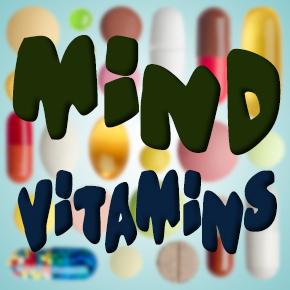Carissa
How can doctors-in-training practice not just patient-centered, but family-centered medicine? Carissa, a graduating fourth-year medical student in Indianapolis intending to pursue an obstetrics and gynecology residency, shares the lessons she learned as a medical student when her mother was diagnosed with breast cancer.







